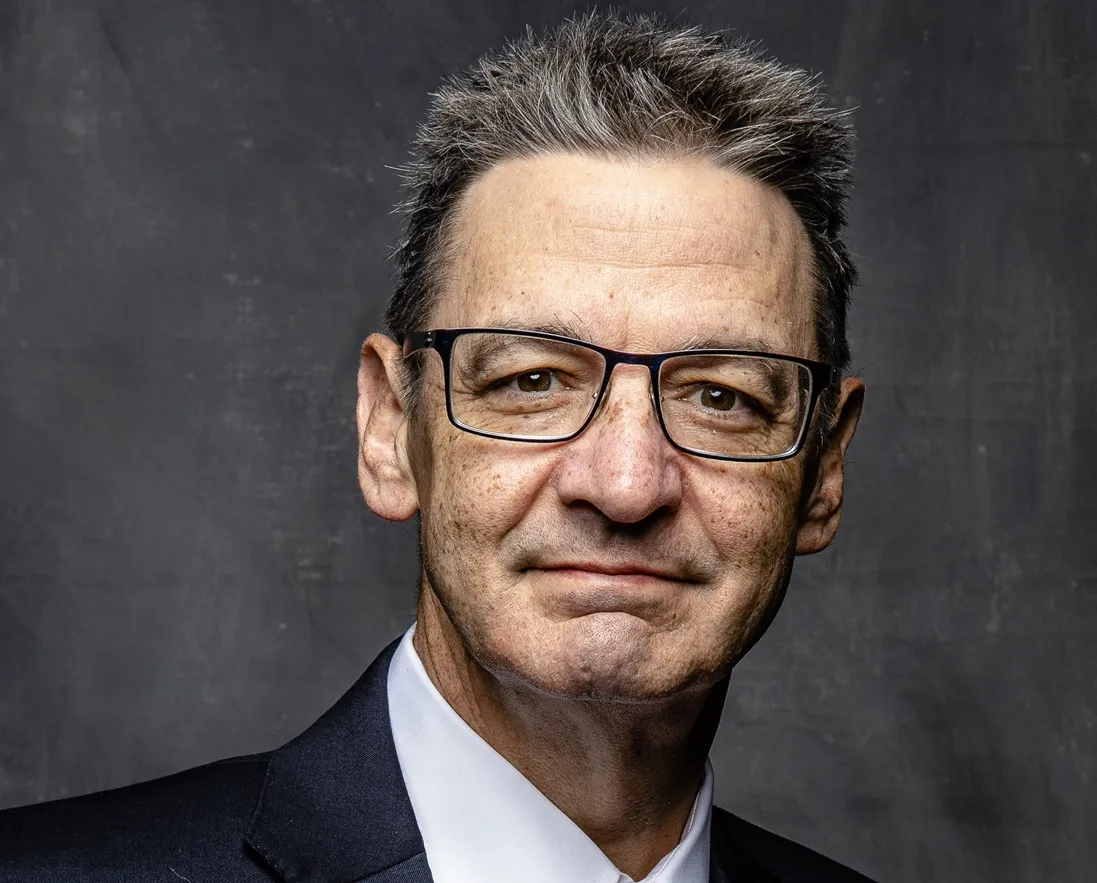
“Just the opposite,” said Nedap Mobility Solutions’ Lars Lenselink at Intertraffic 2016 yesterday. “It’s more a question of smart cities catching up with our smart products that are well-established and used pretty-much worldwide.”
In fact, the company is at Intertraffic 2016 celebrating 10 years of its Sensit sensor technology now installed in hundreds of cities worldwide.
The anniversary will be marked with special “birthday” cakes on the company’s stand and announcements on a range of product improvements.
The parking sensors’ embedded batteries have had their life extended from seven years to ten.
While, Nedap has penetrated most markets worldwide it is looking at new applications for its technology. A promising avenue is large out-of-town retail outlets and it is working with Ikea to use parking sensors to help improve the customer experience.
“Companies like Ikea are constantly looking at ways to make customers feel better. The experience really begins when the customer parks their car so if you make things more efficient when they begin their visit you get things off to a good start. We see a lot of potential in this area.”
Nedap continues to explore Low Power Long Range Networks (LoRa) technologies. Last month Nedap, together with KPN, performed live tests with LoRa modules in Rotterdam. The quality of the KPN’s local LoRa network was optimised to the highest quality of LoRA networks today and should provide the best quality of service.
Lenselink said that work was still ongoing and that a LoRa-based Sensit parking sensor was likely towards the end of the year. “We think there may be some kind of a hybrid solution.” he said.
Nedap is also using Intertraffic 2016 to launch MOOV, which it claims is the world’s first access control system specifically designed for vehicle entrances in cities, industrial estates and parking facilities.










